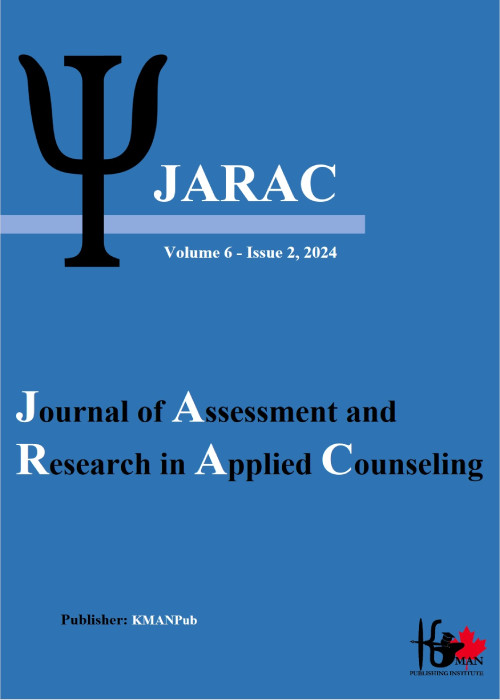Compilation of the Causal Model of Self-Care Behaviors Based on Life Events and Perceived Social Support with the Mediation of Psychological Distress in Women and ,en with Type 2 Diabetes
Type 2 diabetes is one of the most common non-communicable metabolic diseases that due to chronic and lack of definite treatment, its control requires persistence in self-care behaviors for life, and psychological factors play an important role in adherence to self-care programs.
The purpose of this study was to compilation of the causal model of self-care behaviors based on life events and perceived social support with the mediation of psychological distress in women and men with type 2 diabetes.
This study was applied in terms of purpose, quantitative in terms of data type, survey in terms of data collection and descriptive-analytical in terms of analysis based on structural equation modeling. The statistical population of this study was type 2 diabetic patients with age range of 40 to 60 years in Tehran, which 640 were selected by available sampling method. The tools for collecting research data included “life events” (Peykle, 1971), “perceived social support” (Zimet et al., 1988), “psychological distress” (Hirpipi et al., 2003) and “self-care behaviors” (Hampson et al., 2000).
The Findings showed that the goodness of fitting indices of the model were all within their limits (GOFMen=0.725, GOFWomen=0.733), so the model had a good fit power with the data. The direct and indirect effects of life events, self-compassion and perceived social support are confirmed by partial mediation of psychological distress on self-care behaviors (p<0.01). In both men and women, perceived social support (βMen=0.889, βWomen=0.982) and life events (βMen=-0.610, βWomen=-0.570) had the highest total effect on self-care behaviors. The moderating role of gender in the relationship between self-care behaviors and life events and perceived social support by mediating psychological distress is not confirmed (p>0.05).
Therefore, considering the confirmation of the role of psychological factors on self-care behaviors in type 2 diabetes patients, the presence of psychologists in the treatment team of type 2 diabetes is necessary. Based on this, psychologists are recommended to paying more attention to the effective role of life events, perceived social support, and psychological distress in supportive and therapeutic interventions for type 2 diabetes patients.
- حق عضویت دریافتی صرف حمایت از نشریات عضو و نگهداری، تکمیل و توسعه مگیران میشود.
- پرداخت حق اشتراک و دانلود مقالات اجازه بازنشر آن در سایر رسانههای چاپی و دیجیتال را به کاربر نمیدهد.


